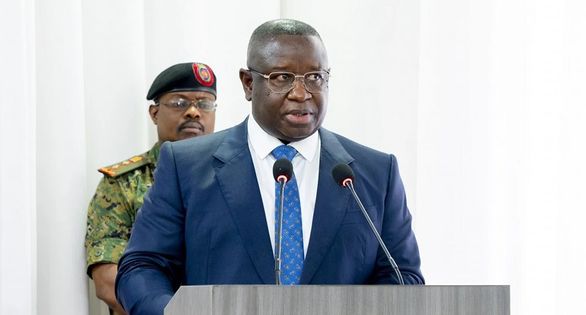By Sulaiman Aruna Sesay
Since taking office in 2018, President Julius Maada Bio has promised to make economic development a top priority in Sierra Leone. After years of instability, Sierra Leone’s economy has been struggling to get back on track, with low investment, high unemployment, and substantial debt. President Bio’s plan to fix the country’s economy in a short amount of time with a series of ambitious policies has been the subject of much debate.
Bio’s administration implemented a range of measures that aim to stimulate investment in the country’s fragile economy, including the establishment of a strategic development plan. The government also aimed to create a conducive business environment that could attract more foreign investment and improve the domestic economy. In theory, these measures could help to ensure long-term economic growth and stability and create an environment where businesses can thrive.
Sierra Leone’s economic revival has not been easy since President Bio took office. The country has been hit hard by the COVID-19 pandemic, which has brought down economic activity globally. While Sierra Leone’s economy has been able to bounce back from the pandemic’s initial impact, there is still a long way to go before it can be considered a success.
The government’s ambitious economic plan has also been accused of being unrealistic, with critics arguing that such a significant change cannot be made overnight. Addressing the issues of corruption, debt, and unemployment will likely need a long-term strategy that prioritizes sustainable growth over immediate results. It is equally important for the government to ensure that its focus on economic growth addresses the specific needs of the people, especially the most vulnerable.
The implementation of Bio’s pro-business policies without proper caution and transparency risks creating economic disparities and inequalities that could put the country’s already severe pandemic-triggered economic difficulties in a worse position. Such risk leads to alienating ordinary people who are the majority and undermining the government’s long-term efforts towards the stability of the economy.
Sierra Leone’s economic recovery is likely going to be a marathon rather than a sprint. It will require time, patience, and a careful consideration of the country’s economic needs to ensure that each policy is strategically crafted and implemented correctly.
While President Bio’s government has made a notable effort to address Sierra Leone’s economic crisis since he took office, it remains clear that there is still a lot of groundwork to cover in pushing the country’s economic growth forward. As Sierra Leoneans seek to return to some level of normalcy in the wake of the pandemic, they also hope that the government will strictly follow transparent and inclusive economic policies that reflect the country’s actual needs while also ensuring sustainable development for the future.












